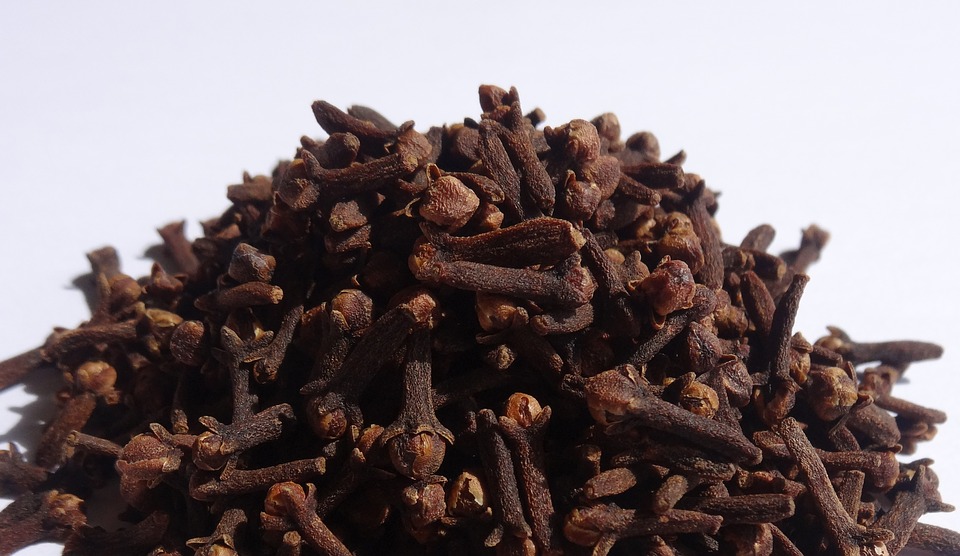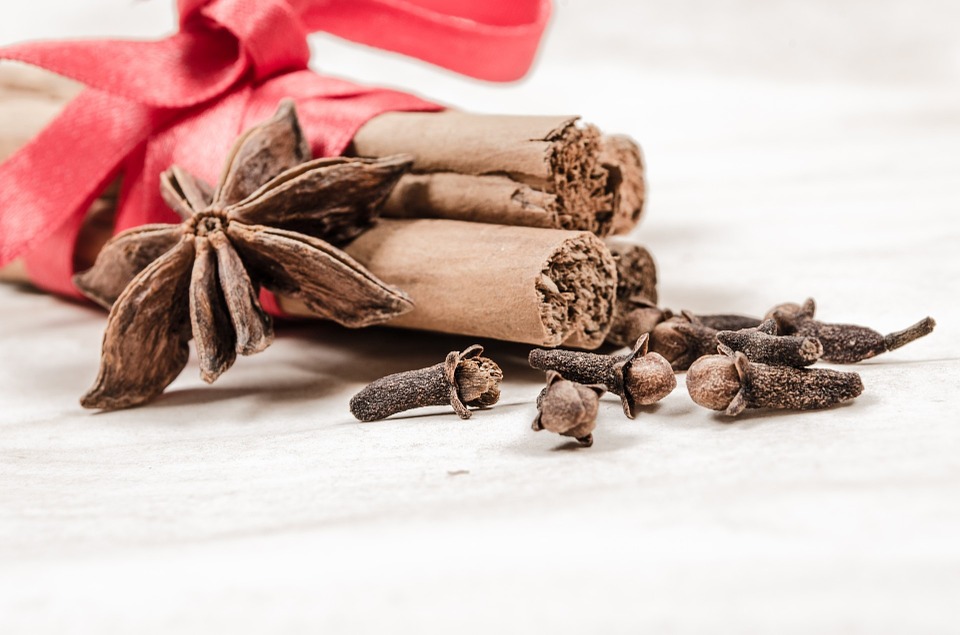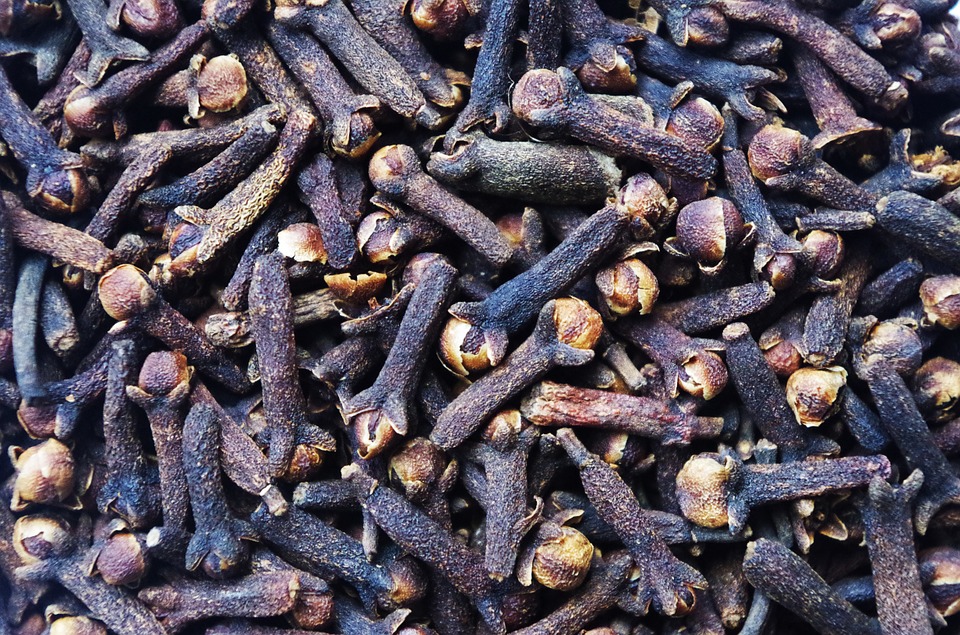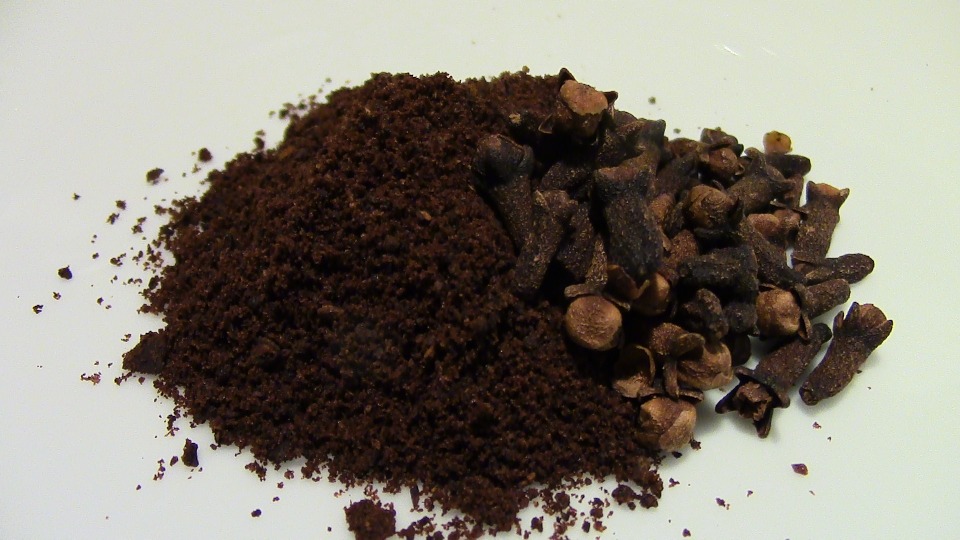With Indonesian origins, cloves are actually dried flower buds from the clove tree. The popular spice is often used in stews, soups, stews, sauces, rice, and meats dishes. The name is derived from the Latin word clavus, which means nail since the shape of a dried clove resembles that of a nail.
People have used cloves in cooking and traditional medicine for many years, but it is only recently that scientists have begun studying their potential health benefits.
Let’s talk about the many potential health benefits and uses of cloves.

The Health Benefits of Cloves
Cloves have a number of potential health benefits, including:
Treats Diabetes
A study on mice indicates that clove extract and nigericin, a component of clove extract, decreased resistance to insulin in mouse muscle cells. The diabetic mice that consumed nigericin also had less resistance to insulin and had improved beta cell function, insulin secretion, and glucose tolerance.
Upon consuming clove bud powder, the blood sugar levels of diabetic rats reduced compared to the rats in the control group that did not get the clove powder.
Supports Oral Health
Studies have shown that clove oil is a natural remedy for maintaining oral health owing to its effect on bacteria, gingivitis, and plaque in the mouth. Compared to the effectiveness of conventional herbal mouth rinse products, those containing clove, tea tree oil, and basil are more potent. Cloves are effective in combating gingivitis and plaque, which means that they may be helpful in decreasing oral bacteria and inflammation.
These studies also suggest that the mouth rinse with clove reduced the number of dangerous bacteria more than the commercial mouth rinse products.
Treats Cancer
There are several spices and herbs rich in antioxidants that play a crucial role in lowering any damage from cancerous cells. According to a study that clove extract can to reduce the growth of several types of cancer cells. As a matter of fact, clove extract also elevated the chances of colon and breast cancer cells getting destroyed. The same study also found that clove ethanol extract and essential oil are actually toxic to breast cancer cells.
Evidently, cloves are potentially beneficial in the future of cancer treatment, especially since they can cause cells to multiply slowly and die.

Aids Weight Loss
Studies on cloves show that they have some potential positive effect on weight loss. In mice, studies suggest that clove extract reduced the risk of obesity as a result of a high-fat diet. In fact, the rats who received the clove extract recorded less body weight, lower liver fat, and less abdominal fat.
Precautions and Side Effects
According to the National Center for Biotechnology Information clove oil may result in respiratory, eye, and skin irritation, as well as allergic skin reactions. The essential oil is also flammable and could lead to death if ingested and enters the airway.
There have also been reports of blood clotting, liver failure and coma after consuming cloves. Cloves may also elevate the risks of bleeding or raise the body’s reaction to warfarin.
The other side effects of cloves include allergic reactions such as redness and severe burning of the skin; difficulty in breathing; and hives, swelling of the face, throat, tongue, or lips.
Also, discuss with your doctor immediately if experience the following symptoms after consuming oral clove:
- Lactic acidosis: This involves muscle weakness or pain, cold feeling or numbness in the legs and arms, stomach pain, vomiting, nausea, and difficulty in breathing, heart palpitations, fatigue, or dizziness.
- Liver issues: This includes loss of appetite, nausea, itching, tiredness, upper stomach pain, itching, clay-colored stools, dark urine, and jaundice.
- Infections: This includes difficulty in breathing, chills, flu, cold, fever, mouth sores, sore throat, and cough.
Additionally, the common side effects of clove applied topically may include:
- Itching, rashes
- Erection issues
- Skin irritation
- Delayed orgasm or ejaculation
- Mouth irritation, sore gums, swollen or bleeding gums, tooth changes after having clove inside the mouth.
It is, therefore, important to consult your doctor on the use of any herbal products. This is to determine their potential side effects and interactions.

The Several Uses of Cloves
Cloves are popular for their very strong smell and taste and can be used whole or ground in diets. Many food delicacies incorporate cloves and are used as an integral ingredient in some condiments such as Worcestershire and ketchup sauce. Also, cloves are used in making some perfumes due to the aroma they give off. Clove oil is also known for its use as an essential oil.
Supplementing With Cloves
As a snack food, cloves are not enjoyable as they have a thorny texture and give off a strong flavor. However, do not let that stop you from adding them to your daily diet. Try to incorporate clove (and maybe cinnamon) to your cup of coffees or smoothies add some flavor. Alternatively, you can even add clove oil or ground cloves to empty capsules. Fortunately, organic cloves can be readily purchased online, in most spice shops, and grocery stores.
Bottom Line
A fragrant spice like clove adds flavor to several dishes and delicacies. But that’s not all it does–its possible medicinal benefits are numerous and more research is even needed.
If you have ever tried supplementing or cooking with cloves, we would love to hear all about the benefits you noticed! Kindly leave a comment below and let us know.




